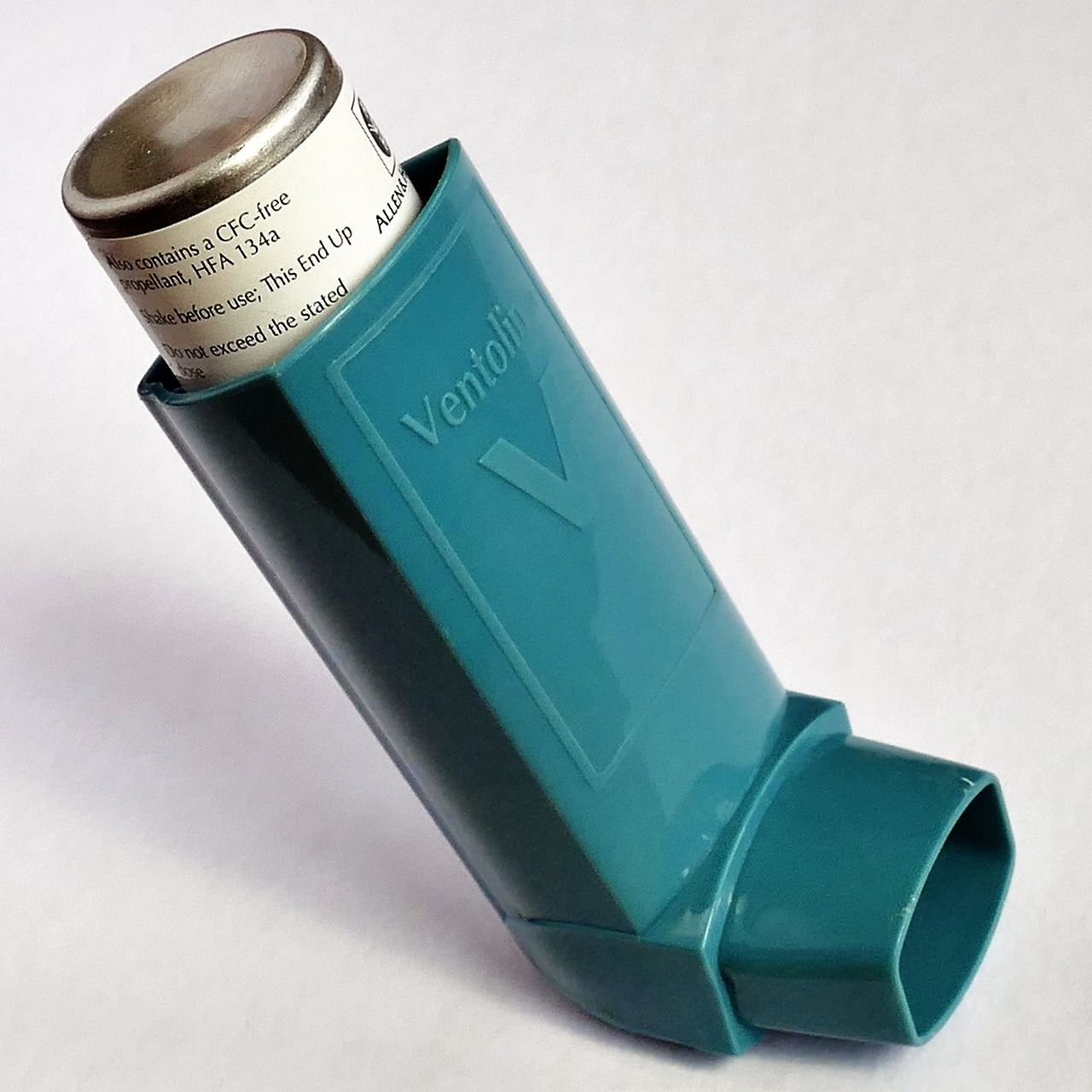Article
Dupilumab Outperforms Omalizumab and Mepolizumab in Asthma Study
Author(s):
In recent data presented at the AAAAI annual meeting, dupilumab was found to have outperformed both mepolizumab and omalizumab in FEV1 improvement for asthma patients.
Credit to: Pixabay

Recent data presented at the American Academy of Allergy, Asthma & Immunology (AAAAI) 2023 Annual Meeting in San Antonio, TX, indicated that dupilumab led to more FEV1 improvements for asthma patients compared to omalizumab and mepolizumab.1
To determine the most effective monoclonal antibody for treating moderate to severe asthma, the investigators decided to emulate a hypothetical, randomized trial using a large academic health care system based in the US.
The research was authored by Ayobami Akenroye, MD, MPH, from Brigham & Women's Hospital. Akenroye and colleagues used data from participants aged ≥18 years who also had peripheral eosinophil counts of ≥ 150 cells/microliter and immunoglobulin E levels between 30 and 700 IU/ml.
The period in which the research took place was from March of 2016 to August of 2021, and the research team’s target outcomes included the incidence of asthma-related exacerbations and changes in baseline FEV1 over 12 months.
The monoclonal antibodies they assessed were omalizumab, mepolizumab, and dupilumab. The investigators worked to compare the efficacy of each of these monoclonal antibodies, thereby optimizing their clinical value in asthma treatment.
Overall, the investigators found that over 12 months of follow-up, participants given dupilumab had a significantly lower incidence rate of exacerbations than those with omalizumab or mepolizumab.
They noted that participants receiving dupilumab also showed a greater increase in FEV1 than those receiving omalizumab or mepolizumab.
Specifically, they found that the incidence rate ratio for exacerbations in the dupilumab group compared to the mepolizumab group was 0.38, and the increase from baseline in FEV1 was 175 ml greater for those given dupilumab than in those given mepolizumab.
References
- Akenroye A, et al. The comparative effectiveness of omalizumab, mepolizumab, and dupilumab in asthma: A target trial emulation. J Allergy Clin Immunol. 2023;151(2 Suppl):AB19. doi: https://doi.org/10.1016/j.jaci.2022.12.063.





